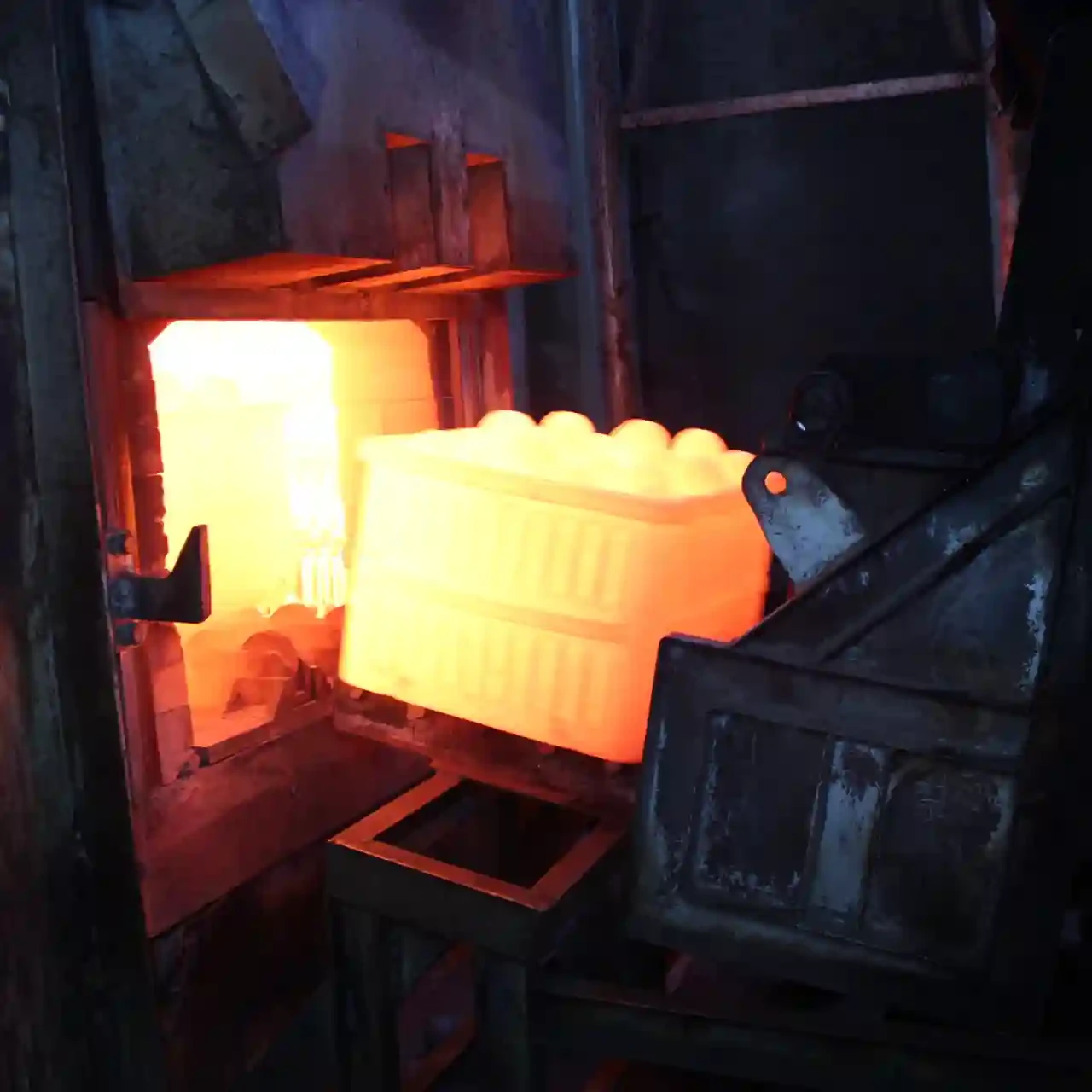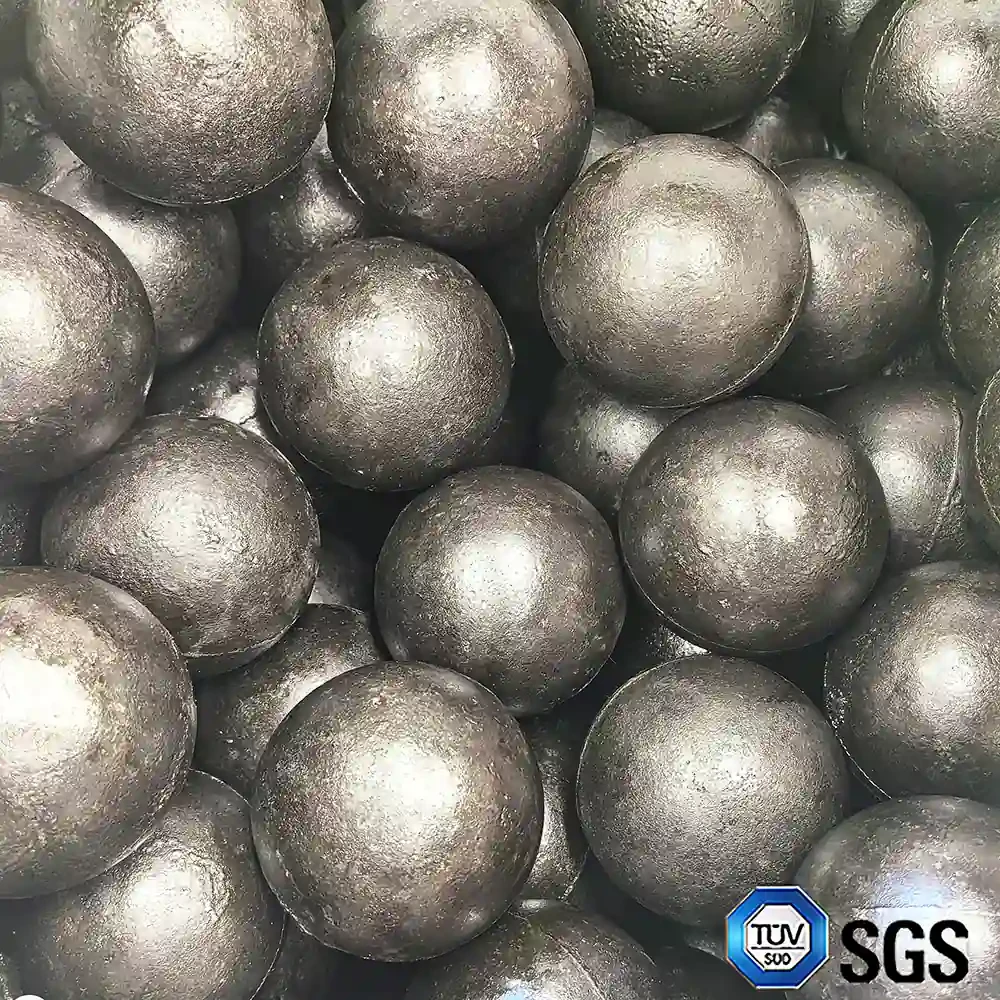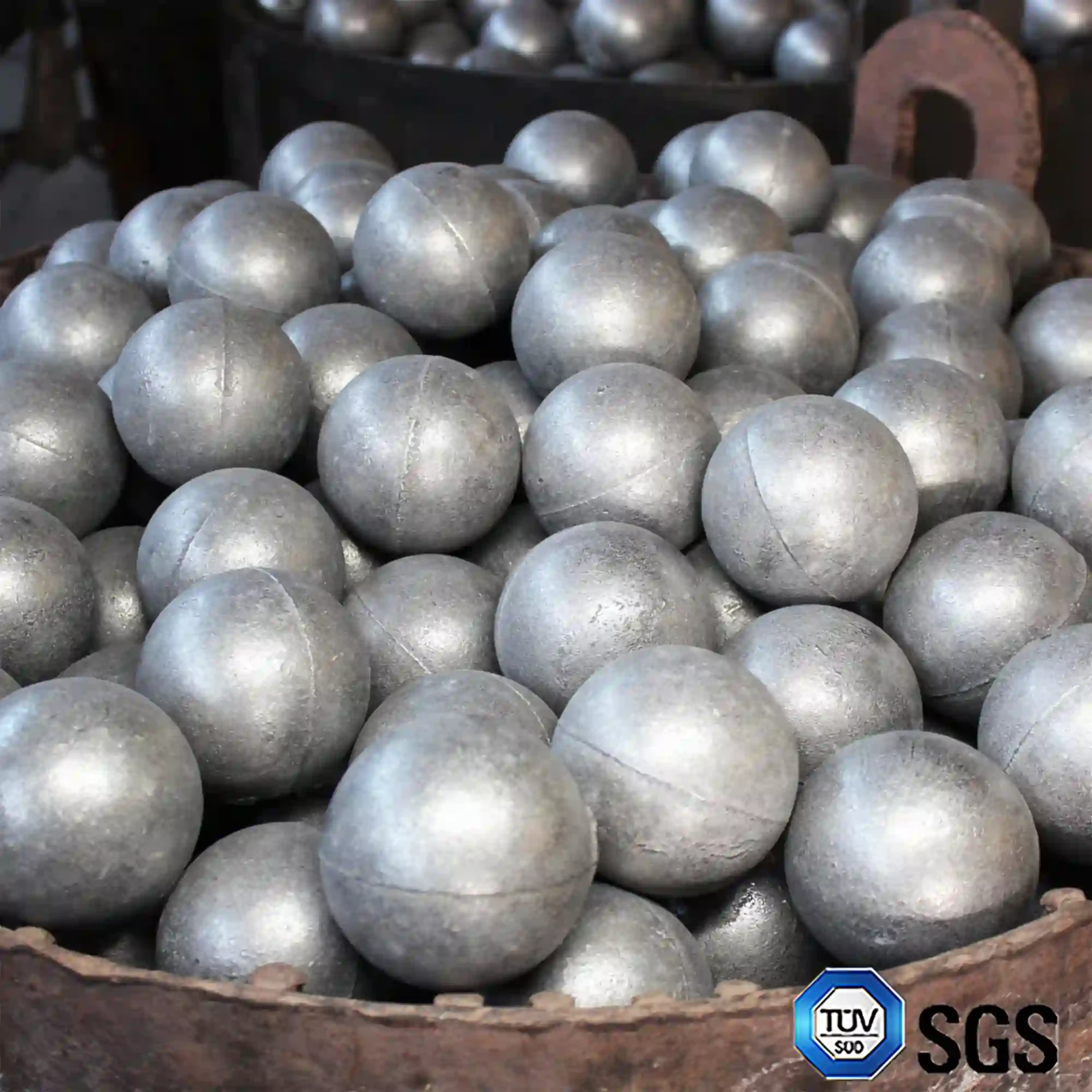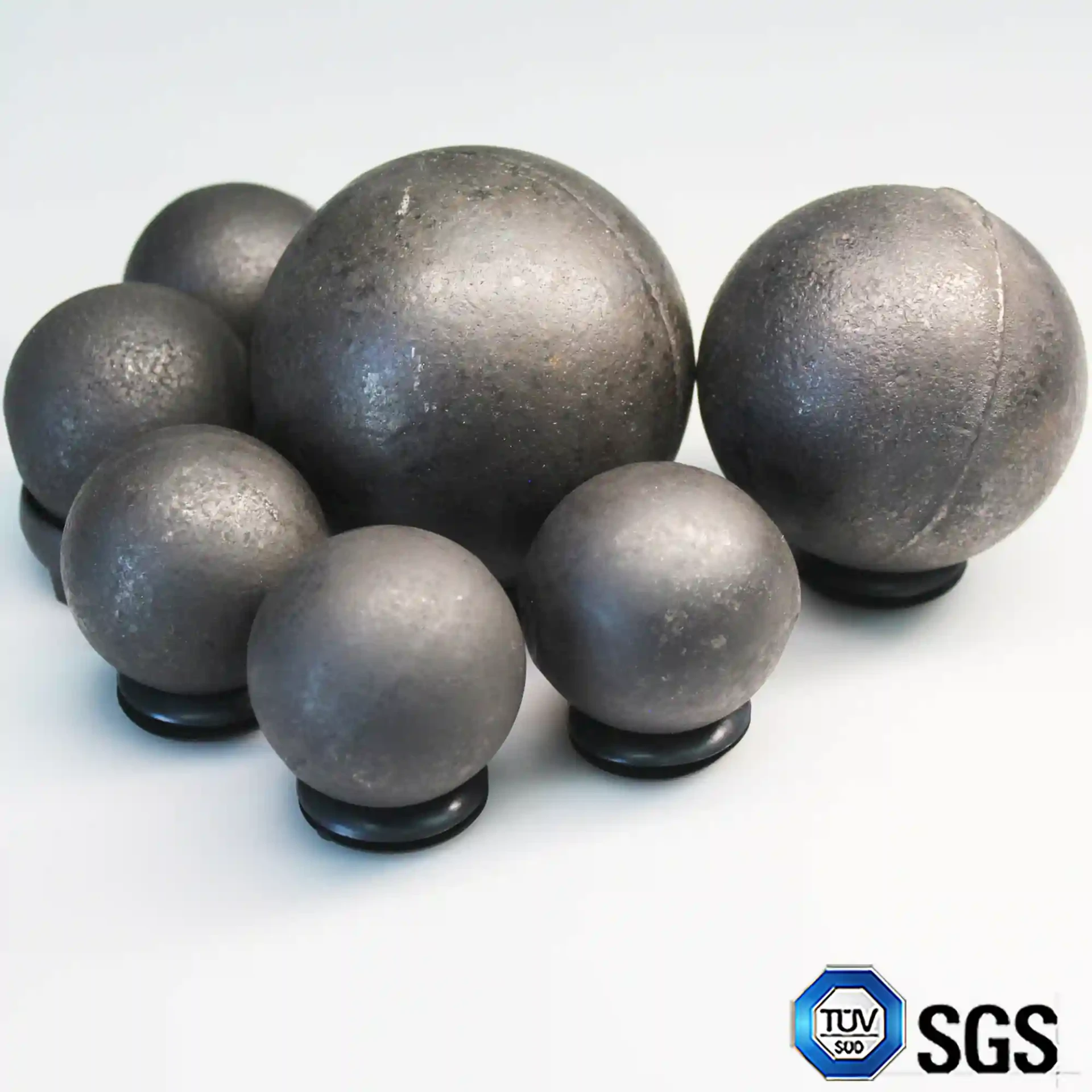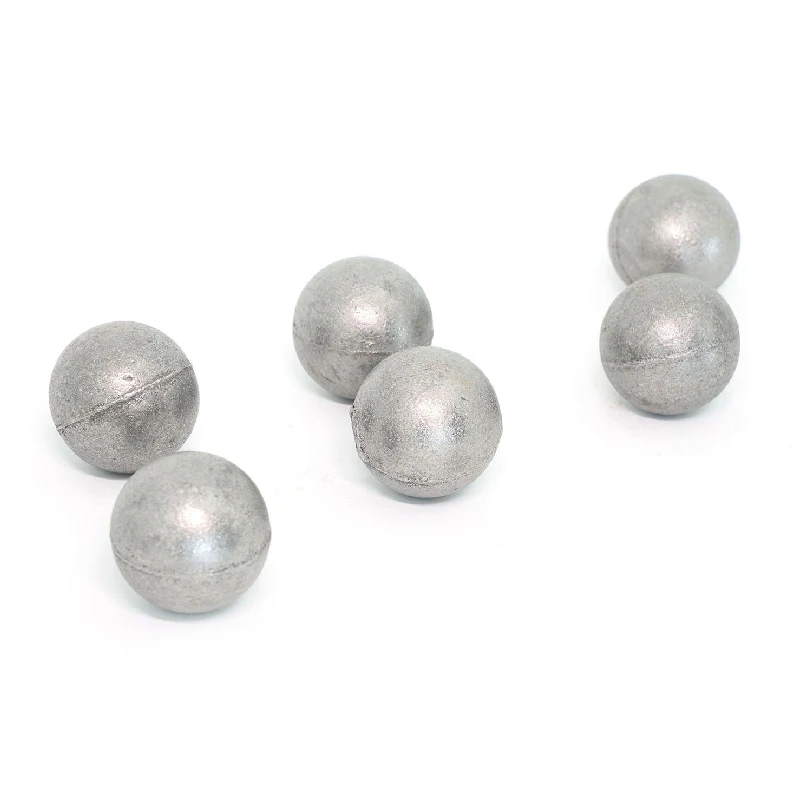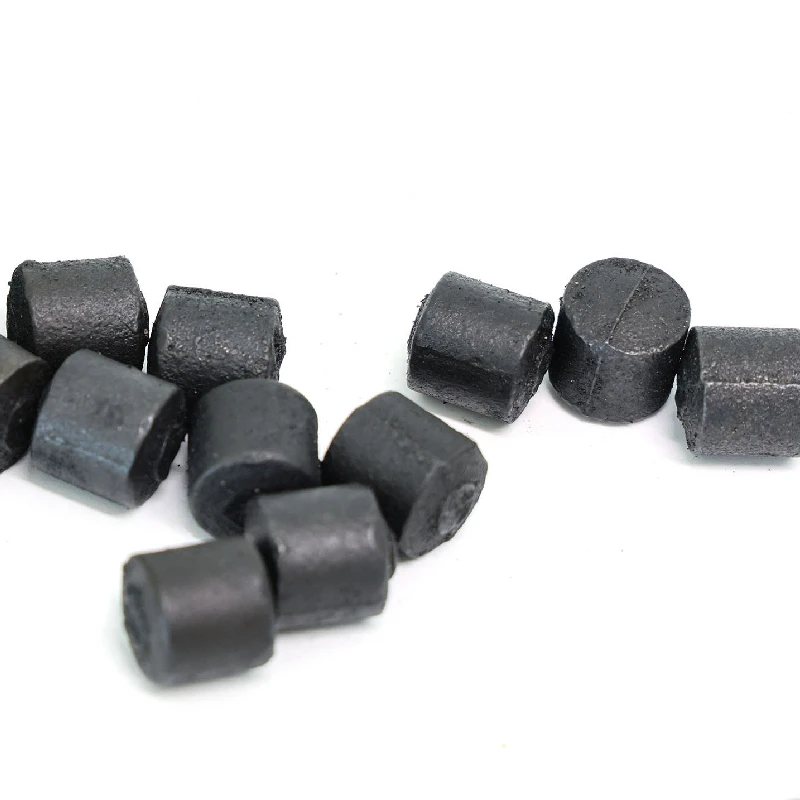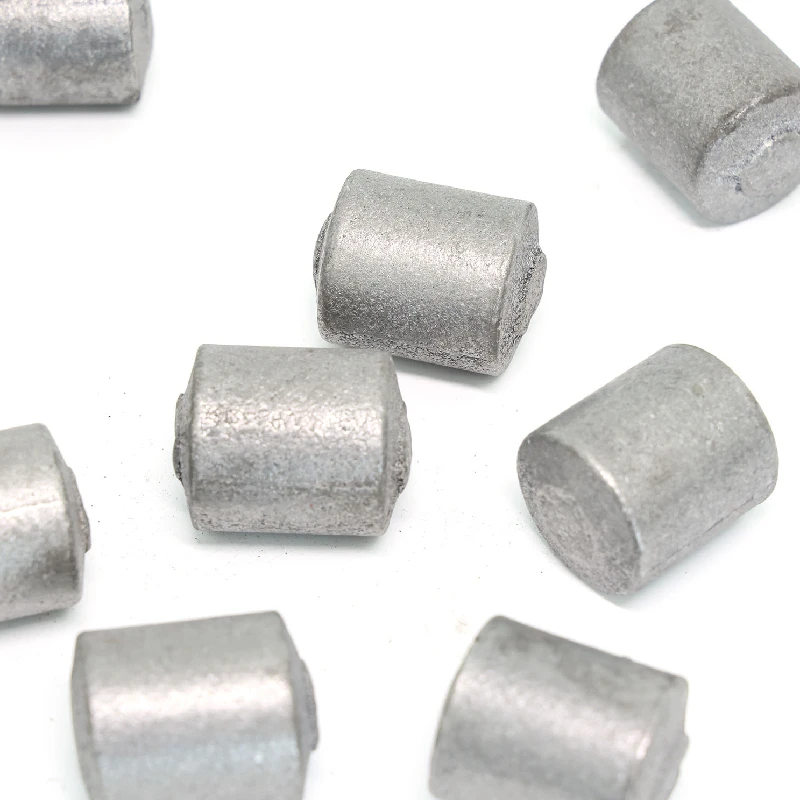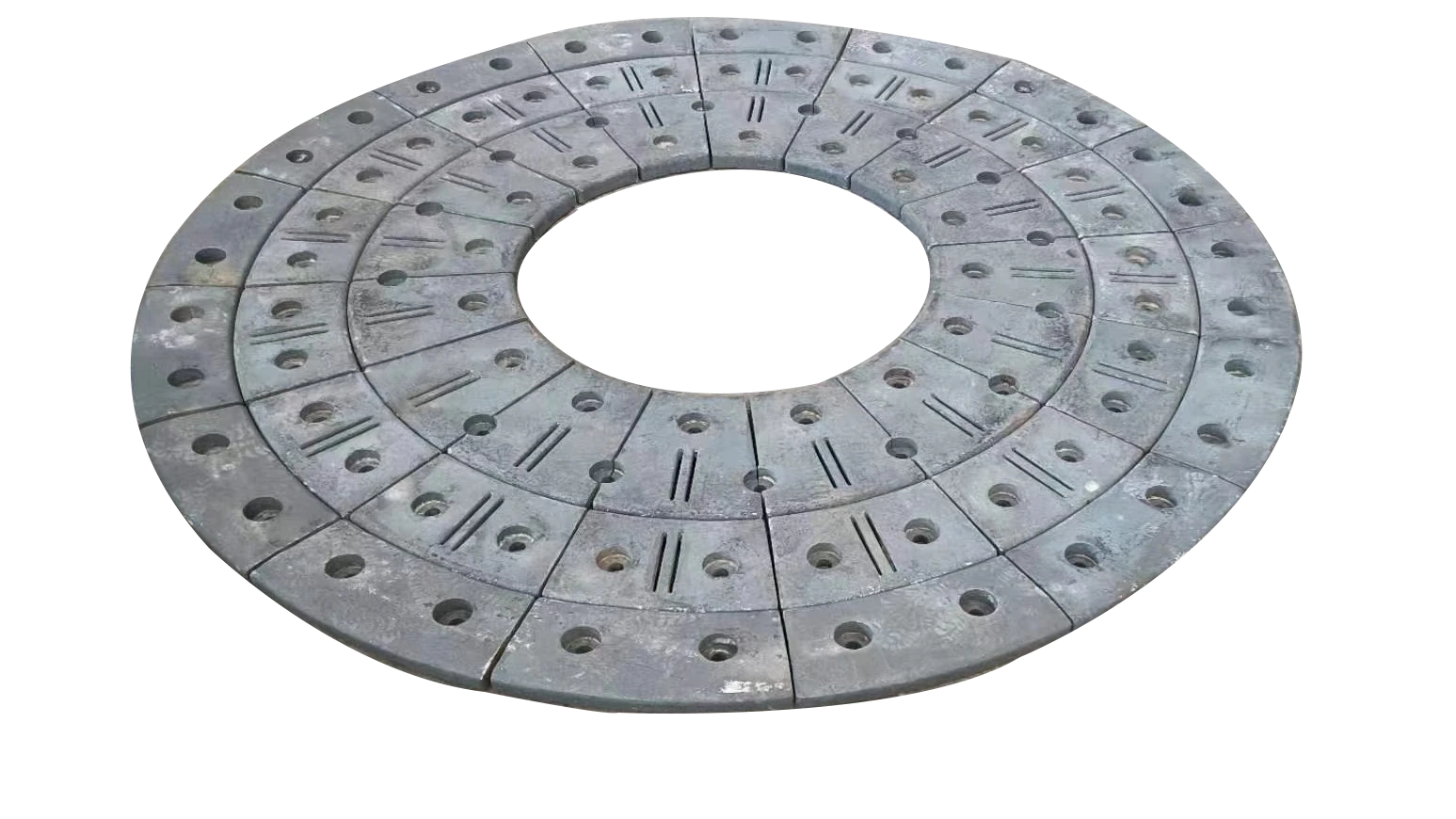Jul . 28, 2025 15:01 Back to list
High-Quality Grinding Cylpebs for Efficient Milling Solutions
1. Grinding Media Evolution: State of the Industry
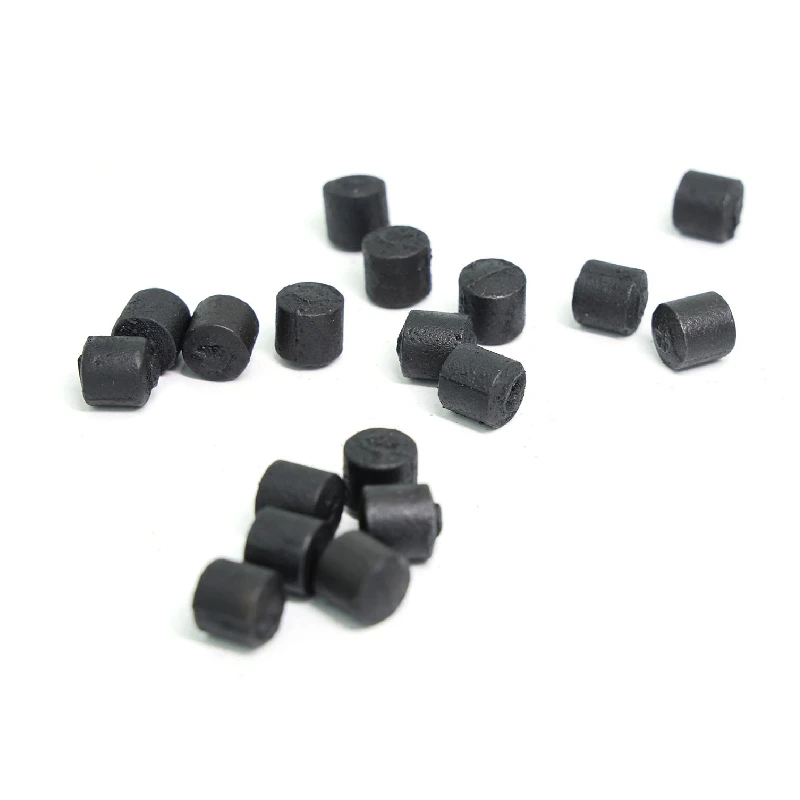
Advanced grinding cylpebs in mineral processing plant
2. Technical Comparison: Grinding Cylpebs vs. Alternative Media
| Media Type | Material | Shape | Density (g/cm³) | Hardness (HRC) | Impact Toughness (J/cm²) | Lifespan (t/m3) | Typical Application |
|---|---|---|---|---|---|---|---|
| Grinding Cylpebs | Medium/High Chrome Alloy | Cylindrical | 7.5 - 7.8 | 60 - 65 | >18 | 1100 - 1380 | Milling, Cement, Mining |
| Grinding Balls | Forged/High Chrome Steel | Spherical | 7.6 - 7.8 | 55 - 65 | 10 - 16 | 850 - 1200 | Ore Processing, Cement |
| Grinding Rods | Steel Alloy | Rod | 7.3 - 7.7 | 50 - 60 | >12 | 620 - 900 | Coal, Limestone |
| Grinding Pebbles | Natural Stone | Oval/Round | 2.6 - 3.0 | 7 - 9 | <2 | 300 - 450 | Ceramics, Limestone |

Quality inspection of grinding cylpebs in the forging line
3. Medium Chrome Forging Grinding Cylpebs: Process, Specs & Standards
Manufacturer: Sichuan Chengda
Summary: Medium chrome forging is precision forged using ASTM A532 and ISO 3290-1 certified chrome-alloyed steel billets, with advanced heat treatment for optimal microstructure. Detection and certification in-line with ISO 9001:2015, ANALYSIS (ANSI/AISE), SGS & TUV test protocols.
Applicable Sectors: Mining, Cement, Power Plants, Water Treatment, Metallurgy, Chemical Processing
More details: Product Link
3.1 Manufacturing Process Illustrated
(1000–1100°C) → Hot Forging
(Fully CNC-controlled) → Precision Sizing
(Dimensional QC) → Quenching & Tempering
(Martensitic Matrix) → Automated Testing & Sorting
(ISO, ANSI, SGS) → Final Packing & Dispatch
Surface Hardness (HRC): 60–65
Core Hardness (HRC): 58–62
Standard Sizes (mm): 17×25, 20×25, 22×30, 25×35, 30×40, etc.
Length Tolerance: ±2 mm
3.2 Typical Specifications: Grinding Cylpebs Parameter Table
| Dimension (mm) | Weight (g) | Chrome Content (%) | Bulk Density (t/m³) | Wear Rate (%) | Impact Toughness (J/cm²) |
|---|---|---|---|---|---|
| 17×25 | 56 | 16 | 4.7 | ≤1.1 | ≥18 |
| 20×25 | 85 | 16 | 4.46 | ≤1.0 | ≥18 |
| 25×35 | 175 | 15 | 4.18 | ≤1.0 | ≥18 |
| 30×40 | 282 | 14 | 4.10 | ≤0.9 | ≥19 |
4. Data Visualization: Technical Trends & Competitive Analysis
5. Unique Advantages of Grinding Cylpebs in Real Applications
- Uniform Particle Distribution: The cylindrical geometry of grinding cylpebs enhances the cascading effect and maintains consistent contact, resulting in superior size reduction and even product fineness.
- Superior Wear Resistance: Medium chrome forging, compared to cast balls or pebbles, achieves up to 15–22% longer service life due to fine-grained martensitic microstructure and improved surface layer strength.
- Energy Savings: Real-world data from mining lines indicate up to 6% lower energy consumption per ton milled.
- Low Maintenance: Stable shape retention, minimal breakage rate (<0.2%), and consistent performance reduce mill downtime.
- Anti-corrosion Properties: High-chrome matrix and professional passivation treatments (per ISO 9227 salt spray tests) provide greater resistance in high-chloride, acidic, or alkaline environments.
- Flexible Sizing: Customization in size, surface finish, and hardness according to client circuit/oem specification (OEM/ODM options).
- Industry Proven: Used in plants from Asia to North America, certified by SGS, Bureau Veritas, and continuously benchmarked against top EU/Japan producers.

Medium chrome forging grinding cylpebs: proven anti-corrosion and low wear
6. Vendor Comparison: Leading Suppliers of Grinding Cylpebs & Media Rods
| Vendor | Main Product | Annual Capacity (t) | Certifications | OEM/ODM Service | Key Advantages |
|---|---|---|---|---|---|
| Chengda | Medium Chrome Forging (Grinding Cylpebs, Rods) |
100,000 | ISO9001, ISO14001, SGS, TUV | Yes | Advanced forging & heat treat, Competitive pricing, Strict QC |
| Magotteaux (EU) | Cast High-Chrome Balls/Cylpebs, Rods | 82,000 | ISO9001, OHSAS | Limited | EU-tech, Good wear data |
| Molycop | Grinding Balls/Rods | 165,000 | ISO, BV | Yes | Wide range size, Strong R&D |
| Longteng | Medium Carbon Balls, Rods | 65,000 | SGS, ISO | Yes | Lower cost, Flexible delivery |
7. Custom Solutions & Engineering Support
- Material Grades: from medium to ultra high chrome (Cr<14% up to 25%+)
- Dimension Range: 12×18mm up to 35×40mm for cylpebs; 40–120mm for rods.
- Surface Hardening: Special induction, quenching or anti-rust coatings (verified by 500h salt spray test)
- Performance Reports: Batch testing—hardness, toughness, metallography reports attached to every shipment.
- Delivery: 15–40 days ex-works, air/sea options, all documentation (MSDS, COA) included.
8. Real-World Application Cases: Verified Field Data
- Mills retrofitted from forged steel balls to grinding cylpebs (medium chrome forging) in 2022.
- Result: Improved grind size D90 (from 180μm to 152μm), +28% longer media life, and annual energy savings > USD 77,000/line.
- Replaced traditional pebbles with cylpebs grinding media (ISO-certified).
- Benefits: More uniform mill load, reduced specific consumption (g/t clinker) from 68 to 52, and lower breakdown rate (<0.25%).
- Adopted chrome grinding media rods for abrasive solvents.
- Impact: 2× service time, no observable intergranular corrosion after 30 months (per ISO 9227).

Verified plant usage: grinding cylpebs deliver optimized performance in high-throughput mills
9. FAQ: Industry Technical Q&A
-
Q1: What is the typical chemical composition of medium chrome grinding cylpebs?
A1: Conforms to Fe–Cr–C Alloy (Cr 14–18%, C 2.0–2.7%, Si ≤1%, Mn 0.7–1.2%) offering excellent hardness and corrosion resistance. See full specs. -
Q2: Which industry standards do leading grinding cylpebs comply with?
A2: Generally tested per ISO 3290-1:2023, ANSI/AISC 360, SGS protocols; often documented with third-party analysis (SGS, TUV, Bureau Veritas). -
Q3: What hardness is optimal for grinding rods and cylpebs?
A3: For grinding cylpebs: surface 60–65 HRC and core 58–62 HRC recommended; grinding rods optimal at 50–60 HRC (for lower breakage risk in long mill circuits). -
Q4: How are grinding cylpebs installed and replaced?
A4: Installed manually or via gravity feed either during scheduled mill shutdowns. Refer to OEM mill installation standards (see Metallurgist Guide). -
Q5: What are the main failure modes for grinding cylpebs?
A5: Typical failures include abrasive wear, surface spalling, or core fracture due to impact fatigue. Modern forging & heat treatment reduce failure rates below 0.25% over the life cycle. -
Q6: How can product performance be validated or traced?
A6: Each batch is shipped with traceable test certificates (hardness, composition, microstructure, wear rate) and complies with ISO 9001 and TUV/SGS test protocols. Online batch tracing available for select vendors. -
Q7: What is the industry norm on warranty and service?
A7: Vendors such as Chengda offer 18–24 months warranty or up to 10,000 operating hours. Extended technical consulting, replacement guarantee, and full aftersales support included.
10. Delivery, Warranty & Support
- Standard Delivery: 15–40 days from order confirmation (FOB/CNF/CIF available); urgent shipments for breakdowns can be prioritized.
- Quality & Traceability: Each shipment supplied with Mill Test Certificates, ISO/SGS inspection report, and batch traceability codes.
- Warranty: 18–24 months or 10,000 running hours; typical grinding cylpebs lifespan exceeds industry average by at least 15%.
- Support: 24/7 technical assistance, onsite commissioning, grinding circuit optimization, free consultation for custom sizing.
- DataM Intelligence, “Grinding Media Market Size, Share 2023–2029,” [Source]
- Minerals Engineering Forum: "Performance Analysis of Forged vs Cast Media," [Link]
- Outotec Process Handbook: Grinding Media Selection, [FAQ Community]
- 911Metallurgist: “Grinding Media Sizing & Installation Guide,” [Tutorial]
-
Expert Insights on Fabrica de Molinos de Bolas: Industry Trends & Global Applications
NewsNov.24,2025
-
Expert Insights on Fabricantes de Bolas de Molienda de Acero: Global Applications & Trends
NewsNov.23,2025
-
Leading Fabricantes de Bolas de Molienda: Your Ultimate Guide to Grinding Balls
NewsNov.23,2025
-
Fabricante de Bolas de Molienda – Quality Grinding Balls for Efficient Industry
NewsNov.23,2025
-
Trusted Proveedores de Medios de Molienda for Efficient Industrial Grinding
NewsNov.22,2025
-
Proveedores de Bolas de Molienda: Your Guide to Top Grinding Ball Suppliers & Industry Insights
NewsNov.22,2025
Realted Products


